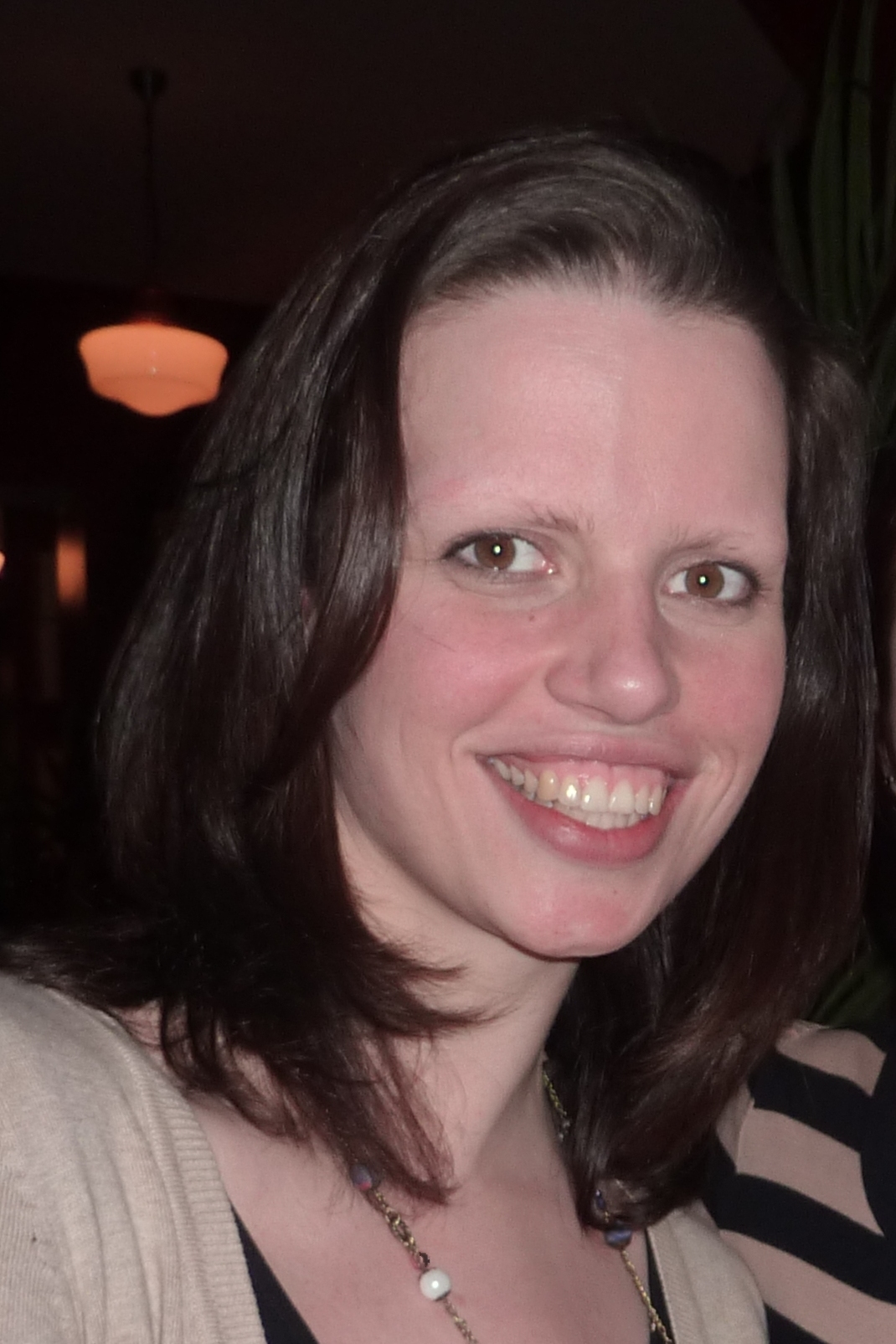

One of the first things that Nick Uhas’ fans notice about him is his varied choices when it comes to his professional life. The decision led him to get acquainted with Kurt Hugo Schneider, a music producer on YouTube, which brought him to New York City. Image Credit: Big Brother Networkĭuring his graduation, he published a paper in the field of organic chemistry. Interestingly, in his senior year, Nick switched to Yale University and took up a summer video production course, and from thereon, he minored in theater and economics.

In the course of his junior year, he moved away from skating and now holds a degree in biology. So, to continue the legacy, he eventually took admission there. Nick hails from a family who had all attended Ohio State University. Later, Nick, a member of the wrestling team in high school, went to Miami University but relocated to San Diego to pursue professional stunt rollerblading during the sophomore year. After graduating from Hilliard Davidson High School, he was accompanied by his father to travel around the world, and amazingly, the journey took less than 80 days. In sixth grade, his homeroom teacher, who was also the science teacher, inspired him to enter the realm of science. So it was in a way destined for him to be one. Instead, encourage them to tell you what they want, and support them in that.Nick Uhas’ parents had both been teachers for Columbus City Schools for 30 years. You must let them do that without projecting your own expectations onto them. Don't project your own expectationsĬhoosing a college is often the first major adult decision our children make. For example, attending a state school may lead to less debt but might mean missing out on certain opportunities at elite private schools. Discuss the trade-offs that your teen might need to make. Talk openly and honestly with your child about finances and what you can or can't afford. Money plays a big role in which schools your child can attend. Encourage your child to cope with them in a healthy way by spending time with friends, doing a hobby that they love, or talking to others who are in the same situation. Not getting into a coveted school can feel like a personal failure. Remind your child that they've put in hard work and that alone is monumental. Celebrate the successes along the way, whether that's getting applications done, having answers from all the schools they applied to, or committing to a program. Celebrate milestones in the processĪpplying to college is a long process that can lead to emotional burnout and fatigue. Reinforce that your child is learning lessons that will help them grow, no matter what the admissions letters say.

Talk about the different paths to creating the life that they want. If many of your child's peers are applying to high-stakes schools, they might think that's the only way to be a success. Talk about the different paths to success Encourage them to name each one - fear of failure, feelings of inadequacy, or guilt for getting into schools that others were rejected from - to process their emotions. Recognize that and validate their emotions. But for your child, the pressure and anxiety around admissions are very real. When you're dealing with adult problems, stress over college can seem a bit silly.
Blown away cat burns how to#
Here's how to support your child through the admissions process and help yourself along the way. Yet it's tricky for teenagers to have that perspective during a time that can feel like a referendum on their worth. We may even see that navigating the stress of college admissions can give kids tools for coping with uncertainty and building their resilience. Whether they're celebrating acceptance to their dream school, facing the reality of the cost of college, or opening yet another rejection, teens can get overwhelmed by the college-admissions process.Īs parents, we can (hopefully) see that college is just one part of our kids' lives. It has been edited for length and clarity. This as-told-to essay is based on a conversation with Madeleine Vieira, a clinical child psychologist.


 0 kommentar(er)
0 kommentar(er)
